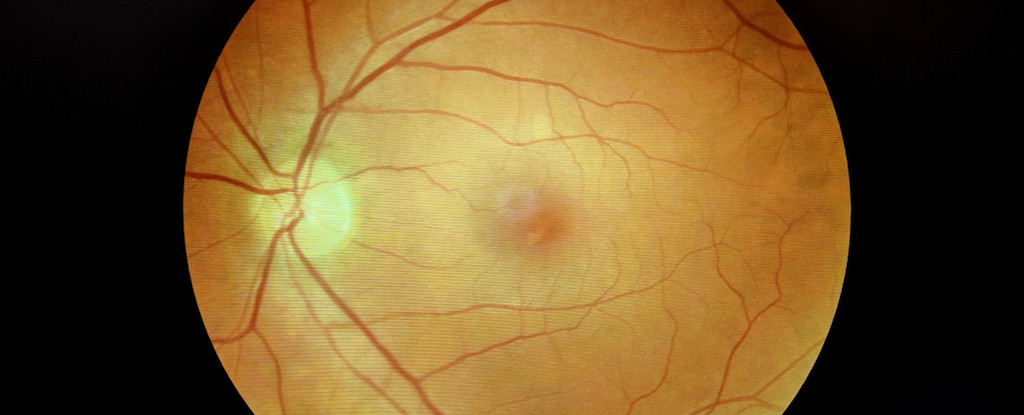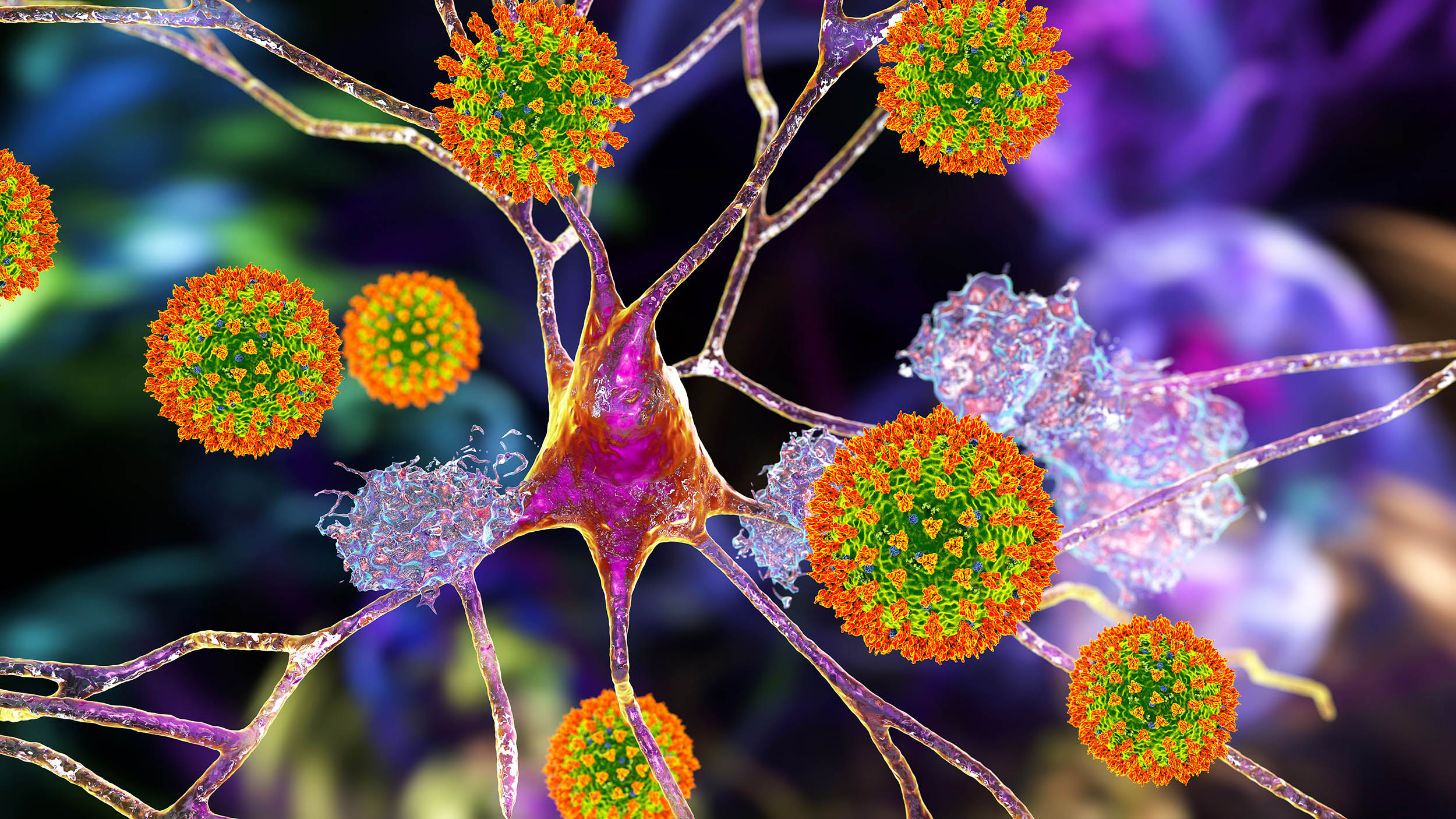T4K3.news
COVID-19 Linked to Alzheimer’s-Like Changes
A new study finds COVID-19 can cause protein build-up resembling Alzheimer's in the eyes and brain.

A new study suggests COVID-19 may lead to Alzheimer’s-like protein build-up in both brain and eyes.
COVID-19 Linked to Alzheimer's-Like Changes in Eyes and Brain
Recent research from Yale University reveals that COVID-19 may cause protein accumulation similar to changes found in Alzheimer's patients, particularly affecting the brain and eyes. This study aims to understand the relationship between symptoms like 'brain fog' and Alzheimer's-like plaques. The researchers found amyloid beta, a protein linked to Alzheimer's, in the retinas and brains of individuals who had COVID-19. Elevated levels of this protein were noted even in those without dementia histories after COVID-19 infection. By using retinal tissue and organoids, they discovered that the virus's spike protein could induce amyloid beta accumulation. They also identified NRP1 as a potential target that, when inhibited, might reduce this protein's build-up, opening up new avenues for treatment and understanding of neurological complications from COVID-19.
Key Takeaways
"There is growing evidence linking COVID-19 and brain fog, a commonly reported symptom following infection."
Brian Hafler discusses the connection between COVID-19 and cognitive issues.
"Our study showed that exposure to SARS-CoV-2 can lead to the formation of amyloid beta aggregates."
Hafler highlights the significant findings of the research regarding amyloid beta.
This study highlights a concerning development in our understanding of COVID-19's long-term effects. The research establishes a clear link between the virus and neurological changes, suggesting that COVID-19 could potentially exacerbate or even induce conditions similar to Alzheimer's disease. The identification of NRP1 as a molecular target for treatment opens up fascinating possibilities for future research. As scientists delve deeper into this connection, implications for public health and future treatment frameworks may become clearer, prompting urgent attention toward post-COVID neurological health.
Highlights
- COVID-19 may transform our understanding of brain health.
- NRP1 could be a key in fighting COVID-related brain fog.
- Each COVID infection might carry a hidden risk of Alzheimer's.
- Exploring amyloid beta could change our approach to brain diseases.
COVID-19 Study Raises Alzheimer's Risk Concerns
The study indicates that COVID-19 might lead to cognitive issues reminiscent of Alzheimer's, raising alarms about long-term neurological health.
This research may reshape how we view COVID-19's impact on long-term neurological health.
Enjoyed this? Let your friends know!
Related News

Study links Pfizer COVID vaccine to eye damage

Pfizer COVID vaccine linked to eye health changes

Study shows pandemic accelerated brain aging

Study finds pandemic stress hastened brain aging

Coca-Cola Introduces Cane Sugar Version Amid Health Debate
New COVID variant linked to painful throat symptoms

Limit Candy for Better Brain Health
Significant number of Americans struggle to quit caffeine
